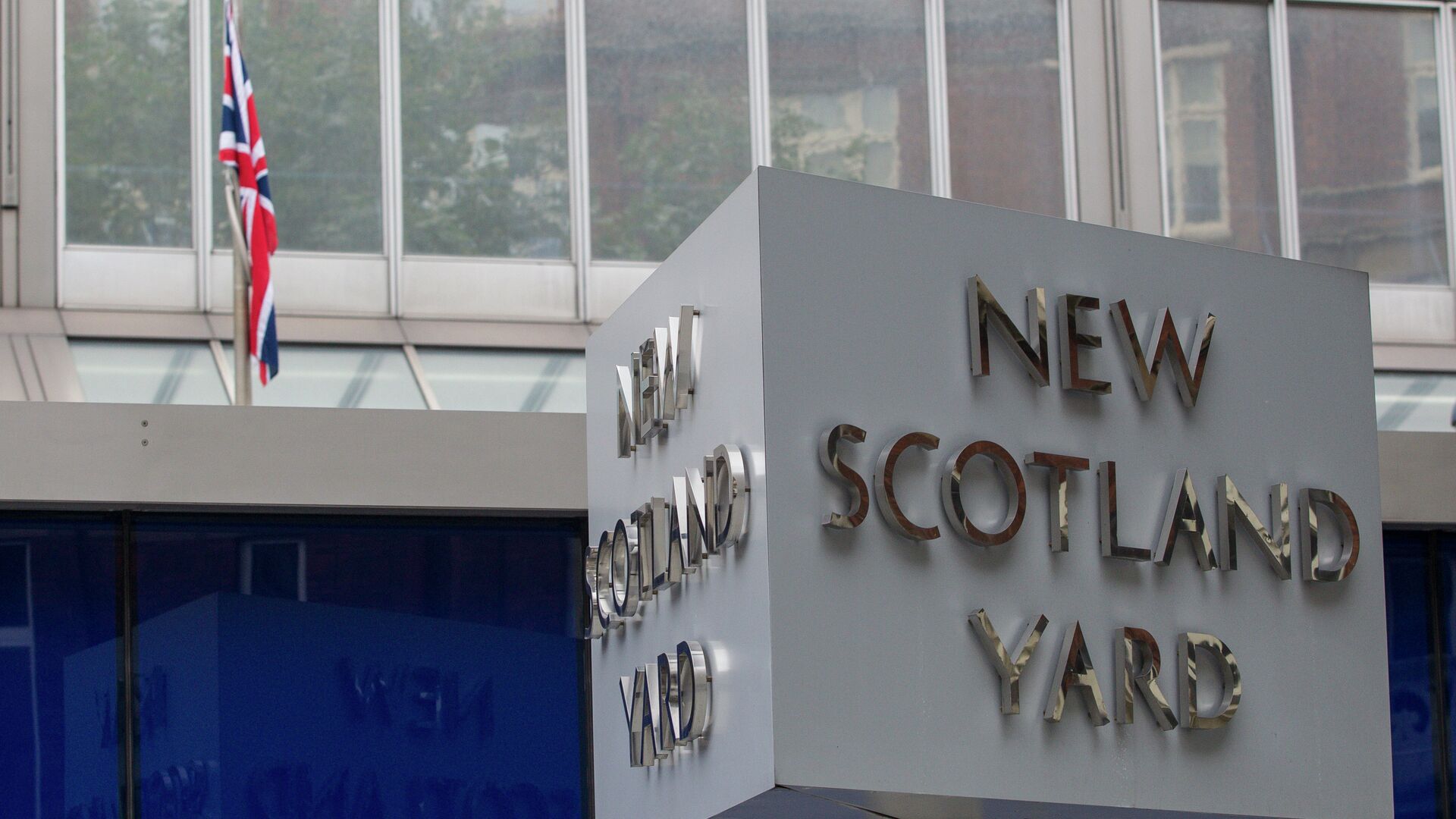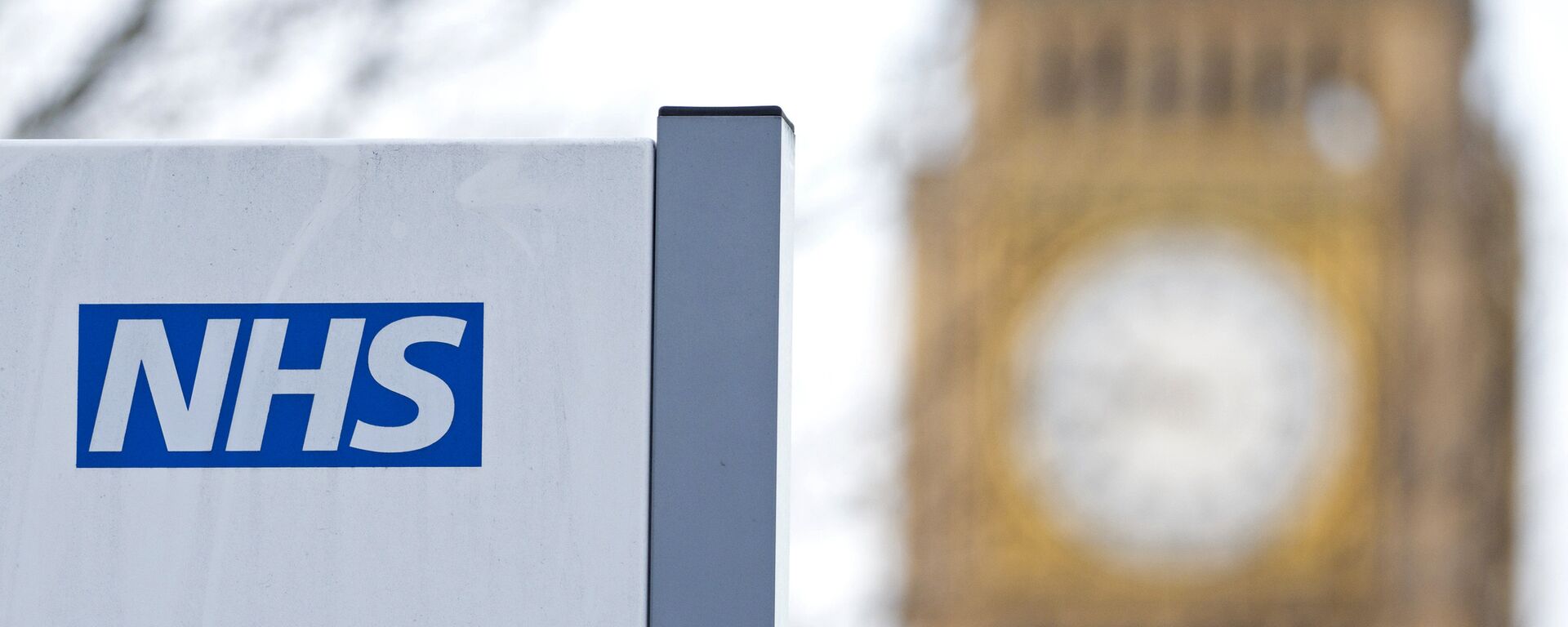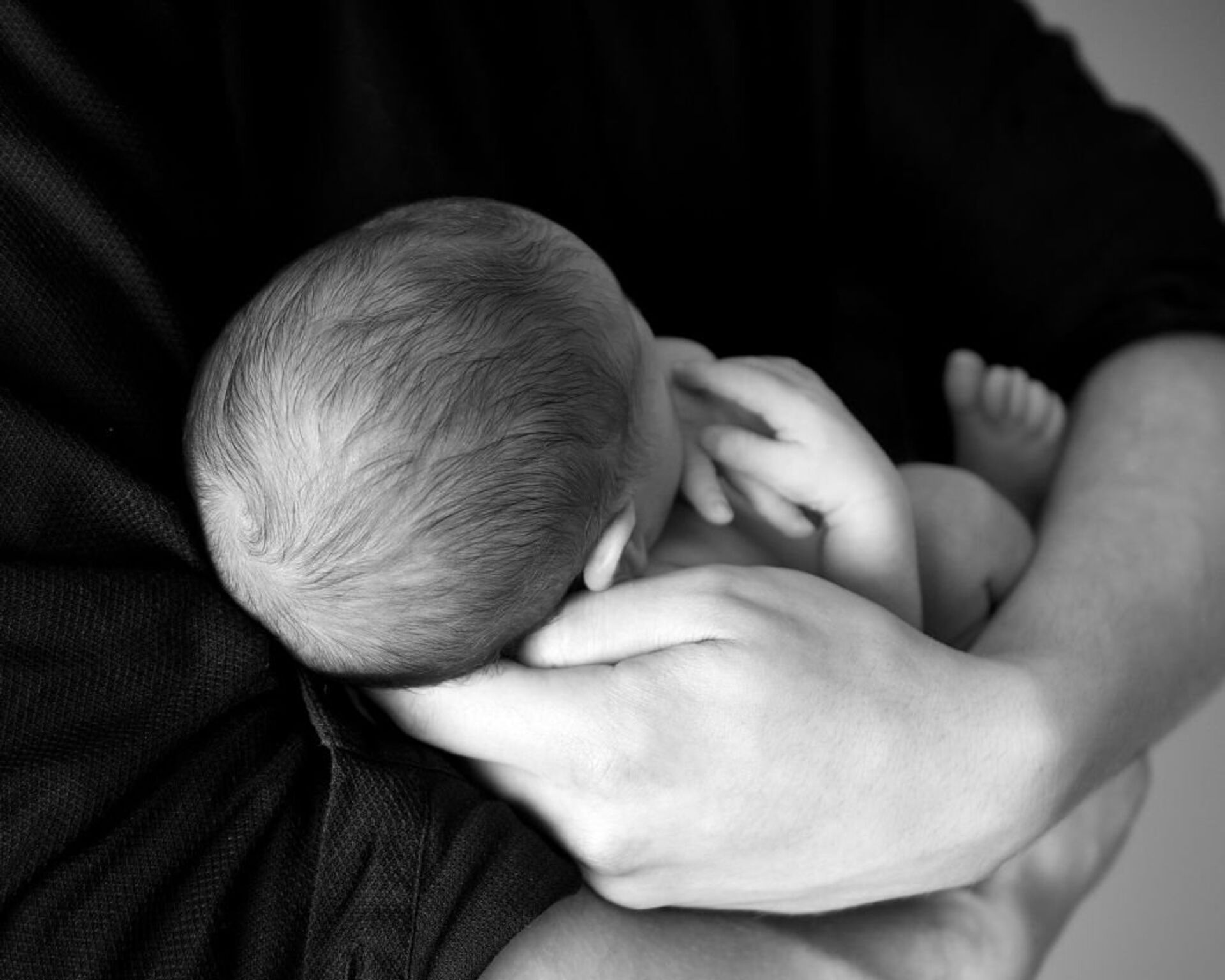Met Conducting ‘Active’ Probe After Damning Report into Over 200 Avoidable Baby Deaths at NHS Trust
05:39 GMT 31.03.2022 (Updated: 15:18 GMT 28.05.2023)

© AFP 2023 / JACK TAYLOR
Subscribe
On Wednesday the UK government issued an apology after the Ockenden report laid bare the harrowing details of the largest maternity scandal in National Health Service history, discovering that systemic failings at Shrewsbury and Telford NHS Hospital Trust were to blame for the death of more than 200 babiesacross a span of two decades.
The Metropolitan Police confirmed that the investigation into cases linked with maternity care failings at Shrewsbury and Telford hospital NHS trust that led to the death of over 200 babies was “very much active”.
“No arrests have been made and no charges have been brought, however we are engaging with the Crown Prosecution Service as our inquiries continue,” said Detective Chief Superintendent Damian Barratt, of West Mercia police, on Wednesday.
The Met statement followed the publication of the Ockenden review - a 48-page independent inquiry into the biggest maternity scandal in the history of the UK health service. Published on Wednesday, it found that around 201 babies and nine mothers might have survived if the trust in question had provided better care.
“We will be fully reviewing the findings of the report and feeding appropriate elements into our investigation. We do not underestimate the impact the report’s findings and our ongoing investigation has on the families involved, who have suffered unimaginable trauma and grief that they still live with today,” added DCS Damian Barratt.
On 28 March Barratt had revealed that the Met launched an investigation in 2017 to “explore whether there is evidence to support a criminal case against the Trust or any individuals involved.”
“This is a highly complex and very sensitive investigation that has required us to speak to a large number of people to gather as much information as we can. We are also consulting with a number of medical specialists to ensure our investigation is thorough and that the best possible investigation is completed for the families involved, stated DCS Barratt.
On Wednesday both the UK Prime Minister and the Health Secretary issued apologies to those who suffered “unimaginable trauma” and vowed changes to ensure that failures of care and compassion set out in the report would have no place in the NHS.
“Every woman giving birth has the right to a safe birth and my heart therefore goes out to the families for the distress and suffering they have endured,” Prime Minister Boris Johnson told the House of Commons.
Sajid Javid added in Parliament that the changes that the report said were needed “at both a local and national level” would be implemented.
The report published on Wednesday, was the result of an inquiry chaired by senior midwife Donna Ockenden and commissioned in 2016 by then UK Health Secretary Jeremy Hunt. It was launched after the families of Rhiannon Davies and Kayleigh Griffiths, who lost their babies in the care of Shrewsbury and Telford NHS Trust, had campaigned for an investigation.
Cases involving 1,486 families covering 1,592 clinical incidents, predominantly between 2000 and 2019, were probed.
The initial findings of the Ockenden report were released in 2020 and found a pattern of failures and poor maternal care resulting in “avoidable deaths”.
The final report, published on Wednesday, revealed that persistent maternity care failings at Shrewsbury and Telford NHS Hospital Trust had led to nearly 300 avoidable baby deaths or brain-damage cases, with 131 stillbirths, 70 neonatal deaths and nine maternal deaths either could have or would have been evaded with better care.
“This is a trust that failed to investigate, failed to learn and failed to improve", said Donna Ockenden.
According to the report, a “culture of reluctance” to perform Caesarean sections led to “many babies dying during birth or shortly after their birth”
“Failures in care were repeated from one incident to the next”, said Ockenden, adding:
“In many cases, mother and babies were left with lifelong conditions as a result of their care and treatment. The reasons for these failures are clear. There were not enough staff, there was a lack of ongoing training, there was a lack of effective investigation and governance at the trust and a culture of not listening to the families involved. There was a tendency of the trust to blame mothers for their poor outcomes, in some cases even for their own deaths. What is astounding is that for more than two decades these issues have not been challenged internally and the trust was not held to account by external bodies.”
Donna Ockenden urged “systemic change” locally and nationally, adding, “Going forward, there can be no excuses.”
Previously, Shrewsbury and Telford NHS Trust said that it takes “full responsibility” for the failures.


